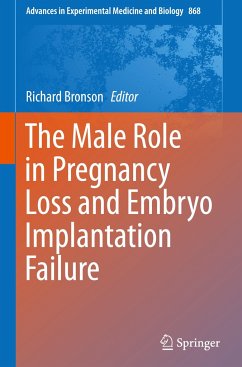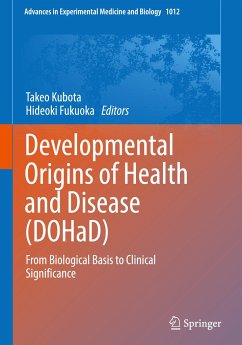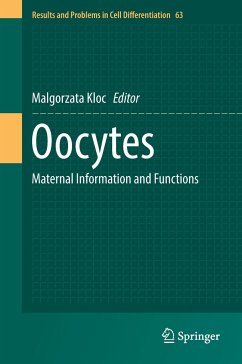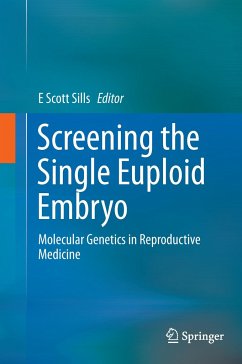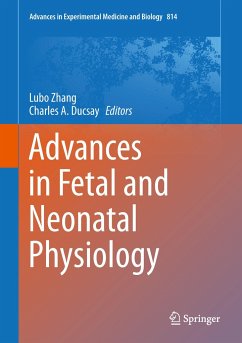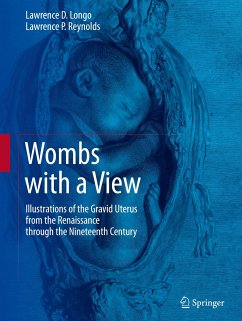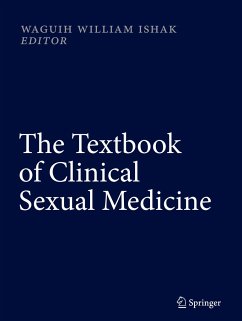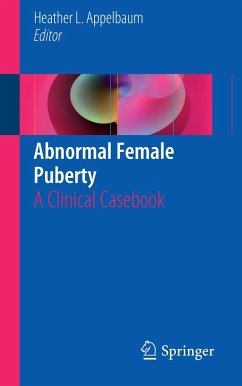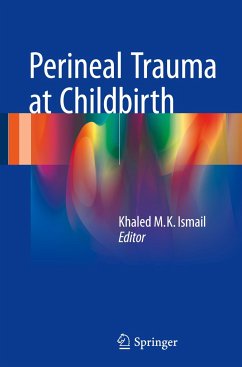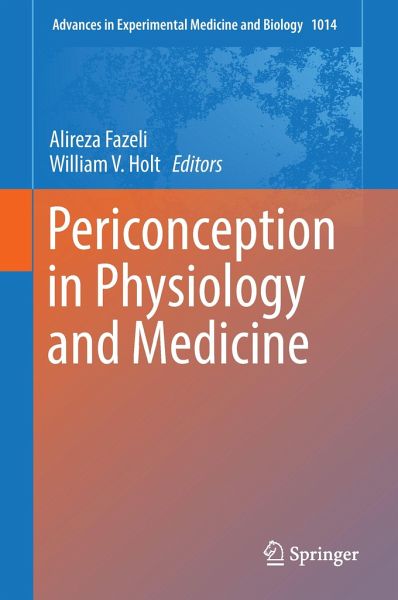
Periconception in Physiology and Medicine

PAYBACK Punkte
57 °P sammeln!
This book presents a timely collection of reviews by experts in periconception and fertilization. The book provides a good introduction for those new to the field as well as those who have worked in this field for some time, but not have been able to keep up-to-date with recent advances on the topic. The book reviews the current knowledge in this field, then focuses its attention on short-term and long-term effects of the periconception period, both from a physiological and medical perspective. Finally the volume covers the examination of the potential mechanisms involved in controlling perico...
This book presents a timely collection of reviews by experts in periconception and fertilization. The book provides a good introduction for those new to the field as well as those who have worked in this field for some time, but not have been able to keep up-to-date with recent advances on the topic. The book reviews the current knowledge in this field, then focuses its attention on short-term and long-term effects of the periconception period, both from a physiological and medical perspective. Finally the volume covers the examination of the potential mechanisms involved in controlling periconception period.
From the early days of discovery about the basics of the fertilization process, scientists have known that early events happening during conception play a major part in the creation of new offspring. However, until nearly a decade ago we thought these events were just concerned with the conception and nothing to do with lifelong health and welfare, or wellbeing ofthe offspring. Early indications from IVF in sheep and cattle suggested that the embryo culture conditions employed in the laboratory could result in unusually large and unhealthy offspring. These observations sounded alarm bells and stimulated research into the impacts of in vivo and in vitro conditions on the health of embryos and offspring. This book provides a summary of the state-of-the-art research being done to more fully understand the importance of the periconception environment.
From the early days of discovery about the basics of the fertilization process, scientists have known that early events happening during conception play a major part in the creation of new offspring. However, until nearly a decade ago we thought these events were just concerned with the conception and nothing to do with lifelong health and welfare, or wellbeing ofthe offspring. Early indications from IVF in sheep and cattle suggested that the embryo culture conditions employed in the laboratory could result in unusually large and unhealthy offspring. These observations sounded alarm bells and stimulated research into the impacts of in vivo and in vitro conditions on the health of embryos and offspring. This book provides a summary of the state-of-the-art research being done to more fully understand the importance of the periconception environment.





